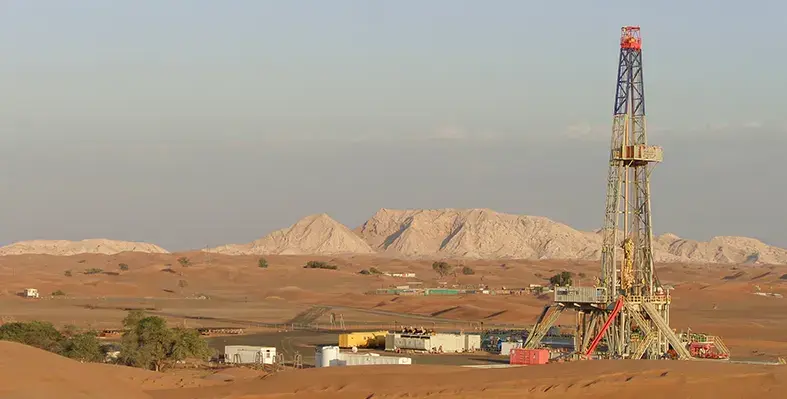Upstream merger and acquisition (M&A) activity fell sharply in early 2025, although gas deals are proving attractive, according to new research from Rystad Energy
Global deal value plunged 39% from the fourth quarter of 2024 to just US$28bn in the first quarter of 2025 – less than half the US$6bn recorded in the same period a year earlier. Although activity has picked up in Africa, Asia and the Middle East, it is not enough to make up for North America’s dominant activity. Upstream M&A deal value for the first half of 2025 reached just over $80bn, a 34% drop compared to the first half of 2024.
Although deal-making rebounded in Oceania, South America and Europe during the second quarter, it was unable to offset the sharp decline in US shale oil transactions. Consequently, North America’s share of global deal value dropped to about 51% in the first half of the year from 71%. Rystad Energy expects the decline in global upstream M&A activity to continue – except US-based shale gas plays– as macroeconomic headwinds add volatility and uncertainty to commodity prices.
“The slowdown is due mainly to volatile oil prices, tariff uncertainties, higher OPEC+ production and fewer oil-focused deals in the US shale industry,” said Atul Raina,vice president, Upstream M&A Research, Rystad Energy.“Although a strong and profitable pipeline of upstream opportunities remains untapped in North America, US shale consolidation has likely run its course. Oil price volatility is creating uncertainty that makes it difficult for supermajors, independents and private equity-back operators, to capitalise on what would otherwise be an attractive market,” Raina said.
However, gas deals, especially in US shale and Canada’s Montney region, are holding up well. Outside North America, deal activity is expected to pick up in South America, Africa and Europe.
Deal values surged 30% in the first quarter, with gas representing 62% of traded resources.This momentum continued into the second quarter, with gas making up around 82% of total traded resources, the highest level seen since 2019.
With the increased focus on natural gas, major companies are adjusting their strategies to optimise portfolios and manage risk more effectively. For example, Equinor acquired non-operated stakes in EQT’s Marcellus assets, gaining exposure to robust gas production without taking on full operational responsibilities or risks.
“These non-operated joint ventures allow majors and international oil companies to focus on their core operational portfolios while maintaining exposure to US shale gas, which has a positive outlook due to upcoming LNG projects and rising energy demand from data centres. Retaining non-operated stakes also allows majors to secure feed gas for planned off-grid power plants focused on artificial intelligence (AI),” added Raina.
While international M&A activity fell in the first quarter of 2025, a rebound in Africa, Asia and the Middle East helped soften the decline. However due to a recovery in Q2, international deal value for the first half of 2025 reached US$39.5bn, a 37% year-on-year increase. Major transactions included ADNOC subsidiary XRG’s bid for Santos, which accounted for nearly half of the total international deal value in the quarter, Repsol and Nego Energy’s UK North Sea upstream businesses merging to form Neo Next Energy, Eni’s US$1.65bn divestment of upstream assets in Cote d’Ivoire and Congo-Brazzaville to Vitol, and DNO’s US$1.6bn acquisition of Sval Energi. If a mooted Shell-BP merger takes place, it could bump up annual deal value past US$200bn for a third successive year.
Looking ahead, Southeast Asia is also emerging as a promising area for mergers and acquisitions (M&A) with renewed interest in deepwater gas projects in Indonesia and Malaysia. However the global M&A market is expected to slow for the rest of the year, according to Rystad.








